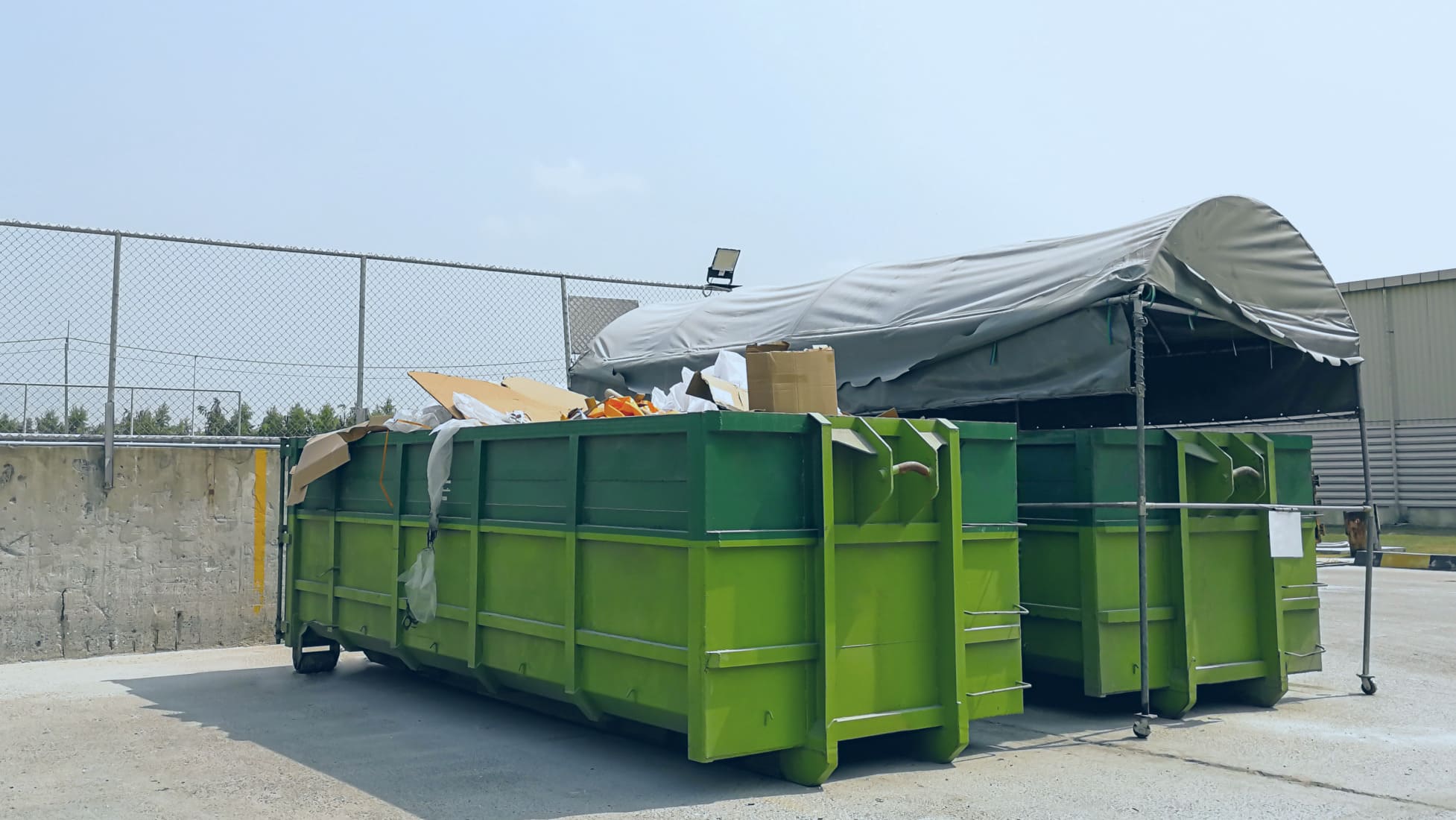In today’s rapidly changing world, cities and municipalities are facing unprecedented challenges when it comes to waste management. The traditional methods of waste collection and disposal are no longer efficient or sustainable. Enter intelligent waste management solutions, a cutting-edge approach that leverages technology and data to revolutionize the way we handle waste. In this blog, we will explore the best time to implement intelligent waste management solutions and how they are connected to advanced waste collection software. We will also delve into the latest trends in this field, ensuring that you have the most up-to-date information at your fingertips.
Understanding Intelligent Waste Management Solutions
Intelligent waste management solutions, often powered by sophisticated waste collection software, are designed to optimize the entire waste management process. These solutions rely on data analytics, IoT (Internet of Things) devices, and automation to enhance efficiency, reduce costs, and minimize environmental impact.
One of the primary features of intelligent waste management solutions is real-time monitoring. Sensors placed in waste containers can provide crucial data on fill levels, enabling waste collection trucks to be dispatched only when containers are full. This not only saves time and resources but also reduces emissions, contributing to a greener environment.
Moreover, intelligent waste management solutions can track the type of waste being generated. This data is invaluable for municipalities and businesses alike, as it can help them make informed decisions about recycling and disposal processes.
Now that we understand the basics, let’s explore the best time to implement these innovative solutions.
When to Implement Intelligent Waste Management Solutions
Urban Growth and Population Density:
As cities continue to grow and become more densely populated, traditional waste management systems struggle to keep up with the increasing demand. Implementing intelligent waste management solutions becomes crucial to efficiently handle the rising volume of waste.
Environmental Concerns:
With growing environmental concerns, municipalities and businesses are under pressure to reduce their carbon footprint. Intelligent waste management solutions offer a way to optimize waste collection routes, leading to reduced fuel consumption and emissions.
Budget Constraints:
Many cities and municipalities operate under tight budgets. Implementing intelligent waste management solutions may seem costly at first, but in the long run, they can lead to substantial cost savings through more efficient operations and reduced labor requirements.
Legislation and Regulations:
Governments worldwide are implementing stricter regulations on waste disposal and recycling. Intelligent waste management solutions can help organizations comply with these regulations by providing accurate data and ensuring proper waste handling.
Public Expectations:
As people become more aware of environmental issues, they expect their local authorities and businesses to adopt sustainable practices. Implementing intelligent waste management solutions not only meets these expectations but also enhances the reputation of the organization.
Technological Advancements:
Technology is continually evolving, and intelligent waste management solutions are becoming more advanced and affordable. Waiting too long to implement them may result in missed opportunities to improve efficiency and reduce costs.
Trends in Waste Management Solutions
To stay ahead in the field of waste management, it’s essential to be aware of the latest trends:
- Data Analytics and Predictive Maintenance: Advanced data analytics and AI-driven algorithms are being used to predict when waste containers will be full and when collection is needed, allowing for proactive planning and resource allocation.
- Remote Monitoring: IoT sensors and remote monitoring systems are becoming more prevalent, enabling real-time monitoring of waste containers and equipment from a centralized location.
- Waste Segregation: Intelligent systems are increasingly capable of identifying and sorting different types of waste automatically, facilitating recycling and reducing contamination.
- Sustainability Integration: Intelligent waste management solutions are being integrated into broader sustainability initiatives, helping organizations achieve their environmental goals.
- Mobile Apps and User Engagement: Many solutions now offer mobile apps for residents and businesses to report issues or schedule pickups, improving overall user engagement.
Implementing these trends in your waste management system can ensure that your organization stays at the forefront of sustainable waste management practices.
Connecting Waste Management Solutions with Advanced Waste Collection Software
Intelligent waste management solutions rely heavily on advanced waste collection software to process and analyze the data collected from various sensors and devices. This software is the backbone of the entire system, enabling real-time monitoring, data analysis, and decision-making.
Here’s how advanced waste collection software connects with intelligent waste management solutions:
- Data Integration: The software collects and integrates data from sensors, GPS devices, and other sources to provide a holistic view of the waste management process.
- Route Optimization: Advanced algorithms within the software help optimize waste collection routes, reducing travel time and fuel consumption.
- Asset Management: The software allows for the efficient management of waste collection assets, including trucks, containers, and sensors.
- Reporting and Analytics: Detailed reports and analytics generated by the software offer insights into waste generation patterns and operational efficiencies.
- Automation: The software can automate various tasks, such as scheduling pickups, sending alerts for maintenance, and generating reports.
Transitioning to Waste Management Solutions
Transitioning to waste management solutions may seem daunting, but it’s a worthwhile endeavor.
- Assessment: Conduct a thorough assessment of your current waste management processes, identifying pain points and areas for improvement.
- Choose the Right Solution: Research and select an intelligent waste management solution that aligns with your organization’s goals and budget.
- Data Collection: Install the necessary sensors and devices to start collecting data on waste containers and equipment.
- Software Integration: Implement advanced waste collection software to manage and analyze the collected data effectively.
- Training and Education: Provide training for your team to ensure they can operate and maintain the new system effectively.
- Continuous Improvement: Continuously monitor and analyze data to identify areas for further optimization and improvement.
Conclusion
The best time to implement waste management solutions is now. With the challenges of urbanization, environmental concerns, and budget constraints, adopting these solutions has become a necessity. By staying informed about the latest trends and connecting them with advanced waste collection software, organizations can streamline their waste management processes, reduce costs, and contribute to a more sustainable future. Embracing this technology is not just a smart move; it’s a responsible one that benefits both your organization and the planet.



